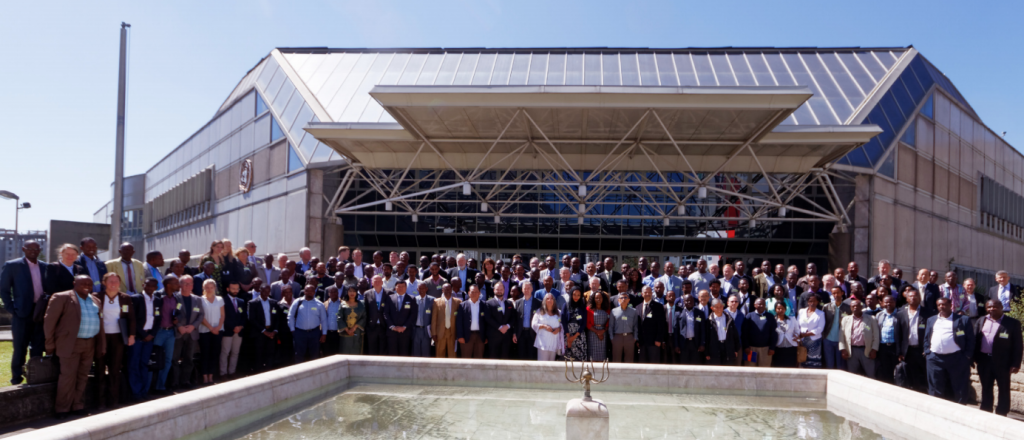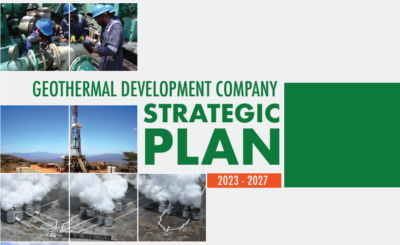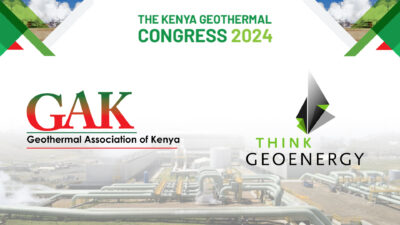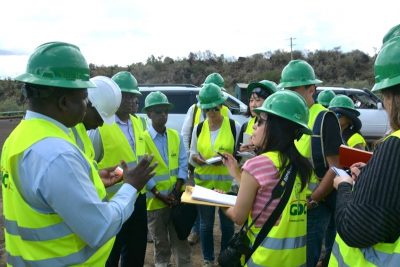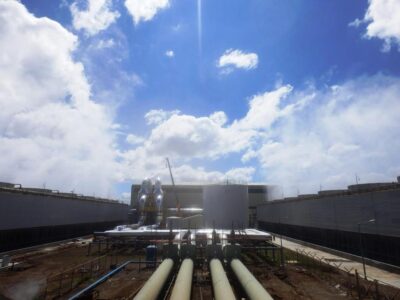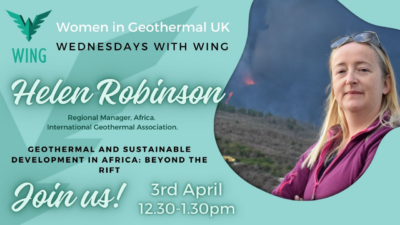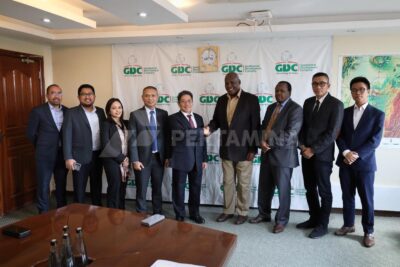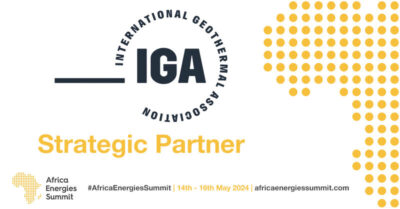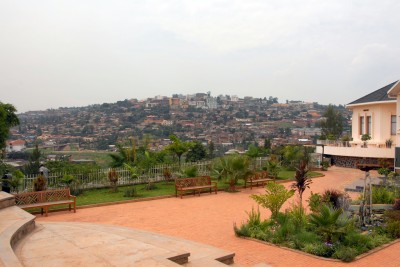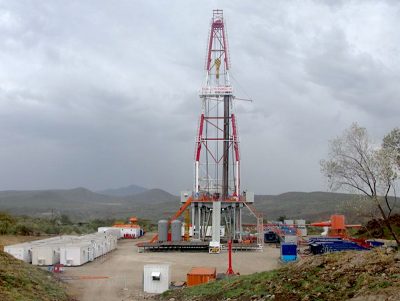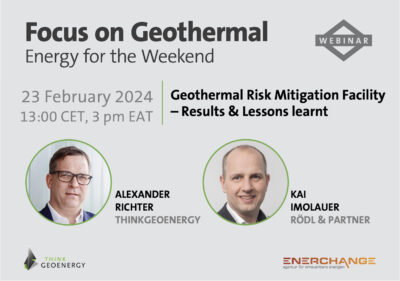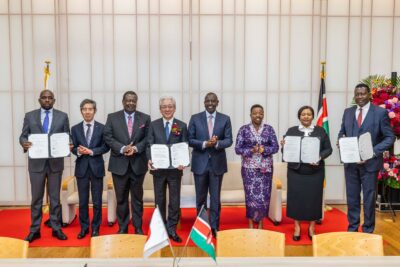Successful short courses at the ARGeo Geothermal Conference, Addis Ababa
ARGeo held three successful geothermal short courses on project management, best practices for legal and regulatory frameworks and geothermal drilling ahead of the 6th ARGeo Geothermal Conference in Addis Ababa, November 2016.
Three parallel 6th ARGeo Pre-Conference short courses were recently held at the United Nations Conference Center in Addis Ababa, Ethiopia in conjunction with the 6th ARGeo Geothermal Conference. These pre-conference short courses ran for two days and were attended by a total of 121 students from across Africa.
Speaking while launching the training, the Geological Survey of Ethiopia (GSE) Director, Masresha Gebreselassie underscored the central role that capacity building will play in fast tracking the development of geothermal resources in Africa. “Currently, slow socio-economic development in Africa can be attributed to expensive power in spite of Africa’s huge geothermal potential, partly due to inadequate technical expertise,” noted Gebreselassie. The GSE Director added that two-day pre-conference short courses will play a critical role in regional geothermal skill upgrading.
The UN Environment ARGeo Program Manager, Dr. Meseret Zemedkun noted that the UN Environment program has a capacity building program aimed at increasing skilled manpower in geothermal energy development. “UN Environment is moving from project based capacity building towards matured institutional strengthening and is currently providing technical backstopping for the Africa Geothermal Centre of Excellence (AGCE) while a steering committee for AGCE is being chaired by the Africa Union,” said Dr. Meseret during the opening ceremony.
She further noted that the AGCE will be hosted by the Government of Kenya, being the regional leader in geothermal development in Africa. “The AGCE is expected to be legalized and fully Operational by 2018. In the meantime UN Environment ARGeo Programme will facilitate interim coordination for AGCE,” she revealed. There has been a tremendous increase in geothermal development activities. Kenya has in the last 7 years more than tripled its geothermal production from 167 MW in 2009 to the current 665 MW. Other countries in the region are at various stages in the development of their geothermal resources and hence the increased need for skilled manpower.
The three pre-conference courses included “Project Management for Geothermal Development” aimed at introducing participants to the concepts that project managers should master in order to make the most of their geothermal development projects. This short course was led by Mr. Ingimar G. Haraldsson (UNU-GTP: Organization and Program Management). Instructors were Mr. Yngvi Gudmundsson (Verkís: Feasibility Studies / Project Management), Mrs. Carine Chatenay (Verkís: Marketing / Risk / Project Management), Mr. Peketsa Mangi (KenGen: Consultancy / Research / Project Management) and Mr. Anthony Ng’ang’a Ngigi (GDC: Drilling / Project Management) (see Verkís)
The second course offered was “Best Practices for Legal and Regulatory Framework on Geothermal Development in East Africa” which gave participants a walkthrough of the legislative procedure regarding the formation of laws for geothermal development and power generation and for facilitating the participation of public and private developers.
The third short course held was “Best Practices in Geothermal Drilling” which focused on the role of the African Code of Practice for geothermal drilling in minimizing risk, maximizing benefits and improving drilling success. This short course also covers environmental and safety issues that need to be considered in drilling operations.
“We thought of having training guidelines on best practices in drilling to benefit the countries in the region and this training will be mandatory for all beneficiaries,” noted George Mayer of BGR. Among the notable instructors for the best practices in drilling short course is Gordon Bloomquist, PhD who has extensive experience spanning more than 10 years in the Eastern Africa region has 38 years’ experience as a geothermal educationist.
“UN Environment is moving from project based capacity building towards matured institutional strengthening and is currently providing technical backstopping for the Africa Geothermal Centre of Excellence (AGCE)”. – Meseret Zemedkun, UN Environment – Office for Africa.
The coordinator of the three pre-conference short courses Prof. Nicholas Mariita noted that the courses are being facilitated by very qualified and experienced geothermal experts and consulting engineers from various specializations. The training is sponsored by the United Nations University -Geothermal Training Program (UNU-GTP), US Power Africa Program, International Geothermal Association, BGR of Germany, and the Geological Survey of Ethiopia (GSE).
